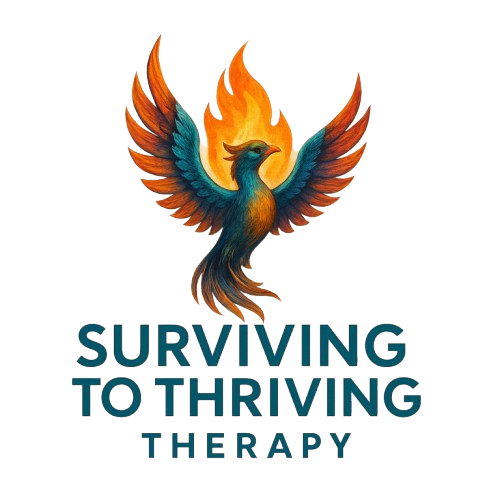Why You’re Not the Problem: How Therapy Can Miss the Mark on Marginalized Clients
Finding a therapist who truly understands your background and experiences can feel overwhelming, especially if you’re not part of the dominant culture. If you’ve ever walked into a therapy space and felt misunderstood, you’re not alone. Many mental health systems were built without fully accounting for the realities of racism, discrimination, poverty, and other forms of oppression on our opportunities and access to medical and mental healthcare. Even though these forces are recognized as harmful to mental health, it’s still common for people to feel like their unique circumstances aren’t acknowledged in therapy. That experience can be painful, but it’s not your fault.
Sometimes therapists may not fully see how much your environment shapes your choices. They might offer well-meaning suggestions like ‘work on your self-esteem’ or ‘try harder’ without realizing the real barriers you’re facing. When that happens, it can leave you feeling frustrated or discouraged — but those feelings don’t mean you’ve failed. In truth, you’ve been adapting and surviving under circumstances that would challenge anyone. Your resilience is real, and you deserve support that honors it.
The systems you’ve been navigating were not built with everyone in mind. Your survival strategies — whether that’s working twice as hard, numbing pain, or holding everything inside — were responses to an unequal world. Healing doesn’t mean erasing those strategies; it means having someone alongside you who recognizes your strength, respects your reality, and helps you build new ways of coping at your pace.
You’re welcome here exactly as you are. In therapy, we want to honor your whole self — your culture, your struggles, your strengths, and your resilience — without judgment or comparison. Our goal is to create a space where you feel truly seen, understood, and respected.
Tags: Poly Polyam Polyamorous Lesbian Gay Bisexual Transgender Asexual Pansexual Demisexual Black Brown Biracial Low Income
